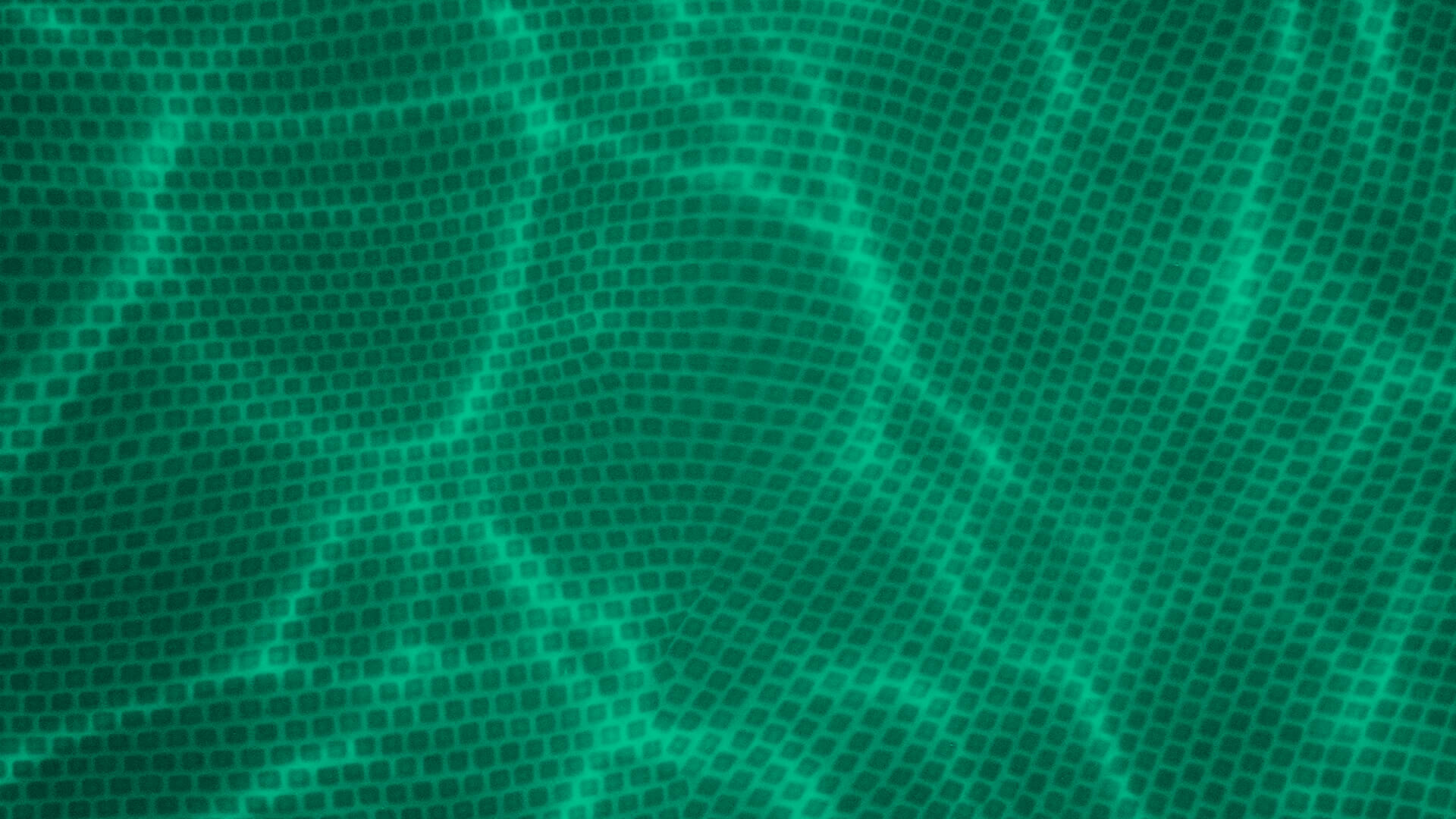With its opinion in Daubert v. Merrell Dow Pharmaceuticals, Inc., 509 U.S. 579 (1993), the United States Supreme Court sought to provide guidance to trial judges with respect to whether and under what circumstances scientific evidence should be deemed admissible. In the fifteen years since Daubert, state court judges have issued numerous opinions concerning Daubert and its progeny, but one thing remains clear: There is no uniformity among the states or even within states. As one North Dakota judge noted in a concurring opinion, local lawyers are “adrift” among the many different amalgamations of admissibility standards. Some states, such as Tennessee, have held that the standard for admissibility is more strict than that set out in Daubert, while others, like Wisconsin, have adhered to a much less restrictive standard. Some apply one standard to criminal cases and another to civil cases, as in New Jersey, while still other states (Illinois and Kansas, for example) do not apply any standard at all when the “expert” testifying is the treating physician — even if the witness is testifying as to causation. At least one state, Oregon, holds that any Daubert-type challenge is waived if not preserved during the expert’s deposition. The following survey provides an overview of the standards adopted by each of the states concerning the admissibility of expert testimony.
Alabama: Slay v. Keller Indus., Inc., 823 So. 2d 623 (Ala. 2001). Applying Frye; refusing to adopt Daubert.
Alaska: Alaska v. Coon, 974 P.2d 386 (Alaska 1999). Adopting Daubert but see Marron v. Stromstad, 123 P.3d 992 (Alaska 2005). Rejecting the application of Daubert to non-scientific expert testimony; explicit rejection of Kumho Tire.
Arizona: Logerquist v. McVey, 1 P.3d 113 (Ariz. 2000). Rejecting Daubert and Kumho Tire as placing the judge in a position of ruling on weight or credibility as opposed to admissibility; retaining Frye and Rule 702 alone.
Arkansas: Farm Bureau Mut. Ins. Co. of Ark., Inc., v. Foote, 14 S.W. 3d 512 (Ark. 2000). Adopting Daubert.
California: People v. Leahy, 882 P.2d 321 (Cal. 1994). Refusing Daubert and retaining the Kelly–Frye test — People v. Kelly, 549 P.2d 1240 (Cal. 1976).
Colorado: People v. Shreck, 22 P.3d 68 (Colo. 2001). Noting the judge may consider Daubert, but must issue specific findings on the record as to the helpfulness and reliability factors. CRE 702/evidence rule is the appropriate admissibility standard, not Frye.
Connecticut: State v. Porter, 241 Conn. 57 (Conn. 1997). Adopting Daubert in lieu of Frye.
Delaware: M.G. Bancorporation, Inc., v. Le Beau, 737 A.2d 513 (Del. 1999). Adopting the analysis of Daubert and Kumho Tire.
Florida: Marsh v. Valyou, 977 So. 2d 543 (Fla. 2007). Adhering to the Frye test, but only where the expert opinion is based on new or novel scientific techniques; noting most expert opinion testimony is not subject to Frye, such as an opinion based only on the expert’s experience and training.
Georgia: Spacht v. Troyer, 655 S.E. 2d 656 (Ga. App. 2007). Holding that the relevant statute, OCGA § 24-9-67.1, governs expert testimony; subsection (f) allows consideration of Daubert.
Hawaii: State v. Vliet, 19 P.3d 42 (Hi. 2001). Noting that the touchstones of admissibility for expert testimony are the relevance and reliability factors under Rule 702.
Idaho: State v. Merwin, 962 P.2d 1026 (Id. 1998). Noting that Idaho has not expressly adopted Daubert, but applying its factors. See also Weeks v. Eastern Idaho Health Servs., 153 P.3d 1180 (Id. 2007). Holding that Daubert has not been adopted, but the judge may consider certain factors such as whether the expert’s theory has been or may be tested and whether the theory has been subjected to a peer reviewed publication; declining to consider whether the theory is commonly agreed upon or has been generally accepted in the relevant scientific community.
Illinois: Warstalski v. JSB Const. & Consulting Co., 892 N.E. 2d 122 (Ill. App. 2008). Holding that Frye applies generally, but it does not apply to medical testimony; noting a treating physician’s testimony as to causation is not subject to Frye.
Indiana: Kempf Contracting & Design, Inc., v. Holland-Tucker, 892 N.E. 2d 672 (Ind. App. 2008). Noting that consideration of the Daubert factors is proper, but the judge is not bound by them.
Iowa: State v. Garcia-Miranda, 735 N.W. 2d 203 (Iowa App. 2007). Noting that Iowa courts are not required to follow Daubert when applying the Iowa Rules of Evidence; judges are encouraged to use Daubert only when the expert evidence is novel or complex.
Kansas: State v. McHenry, 136 P.3d 964 (Kan. App. 2006). Noting that Frye is to be used only when the judge considers the admissibility of opinions based on new or experimental scientific techniques. See also Kuhn v. Sandoz Pharmaceuticals Corp., 14 P.3d 1170 (Kan. 2000). Holding that the Frye test is not applicable to an expert’s “pure opinion” based on that expert’s own experience, research, observation.
Kentucky: Burton v. CSX Transp., Inc., 2008 WL 4691059 (Ky. 2008). Holding that Daubert applies under the relevant Kentucky Rule of Evidence that is similar to FRE 702.
Louisiana: Cheairs v. State Dept. of Trans. & Development, 861 So. 2d 536, 542 (La. 2003). Noting that the standards set forth in Daubert are controlling.
Maine: Hall v. Kurz Enterprises, 2006 WL 1669656 (Me. Super. 2006). Noting that the controlling law is embodied in State v. Williams, 388 A.2d 500 (Me. 1978), and is relatively indistinguishable from Daubert. See Searles v. Fleetwood Homes of Penn., Inc., 878 A.2d 509 (Me. 2005). Noting the same, but specifically declining to adopt Daubert.
Maryland: State v. Baby, 946 A.2d 463 (Md. 2008). Holding that the admissibility of expert testimony is subject to the application of the Frye–Reed test for general acceptance in scientific community. See Reed v. State, 391 A.2d 364 (1978).
Massachusetts: Com v. Powell, 877 N.E. 2d 589 (Mass. 2007). Noting Daubert is adopted, but that a showing of general acceptance in relevant community is sufficient for admissibility regardless of any other Daubert factors.
Michigan: People v. Unger, 749 N.W. 2d 272 (Mich. App. 2008). Noting that Michigan evidentiary law incorporates Daubert.
Minnesota: State v. Bartylla, 755 N.W.2d 8 (Minn. 2008). Using the Frye-Mack standard of general acceptance for admissibility of novel or emerging scientific evidence, but specifying that the expert’s technique must be based on a foundation that is scientifically reliable. State v. Mack, 292 N.W. 2d 764 (Minn. 1980).
Mississippi: Watts v. Radiator Specialty Co., 990 So. 2d 143 (Miss. 2005). Applying Daubert.
Missouri: State v. Daniels, 179 S.W. 3d 273 (Mo. App. 2005). Noting that the criminal courts still follow Frye. See Hawthorne v. Lester E. Cox Medical Centers, 165 S.W. 3d 587 (Mo. App. 2005). Noting that admissibility of expert opinions in civil cases is governed by statute, § 490.065.
Montana: State v. Price, 171 P. 3d 293 (Mont. 2007). Applying Daubert, but noting that its application is proper only where introduction of novel scientific evidence is sought.
Nebraska: State v. Schereiner, 754 N.W. 2d 742 (Neb. 2008). Applying Daubert and noting that the trial court acts as a gatekeeper. See Schafersman v. Agland Coop., 631 N.W. 2d 862 (Neb. 2001).
Nevada: Hallman v. Eldridge, 189 P.3d 646 (Nev. 2008). Noting that the statute that governs admissibility is NRS 50.275, which tracks FRE 702; holding Nevada has not adopted Daubert yet and wide discretion is vested in the trial court.
New Hampshire: Baxter v. Temple, 949 A.2d 167 (N.H. 2008). Holding that Daubert applies and that its factors have been incorporated into statute, RSA 516:29-a.
New Jersey: State v. Groen, 2008 WL 3067920 (N.J. Super. 2008). Limiting the application of Frye to criminal matters. See Thornton v. Camden County Prosecutor’s Office, 2006 WL 2361816 (N.J. Super 2006). Applying Daubert in civil cases.
New Mexico: State v. Downey, 2008 WL 4925022 (N.M. 2008). Noting that Daubert applies. See State v. Albesico, 861 P.2d 192 (N.M. 1993).
New York: O’Brien v. Citizens, Ins. Co., 2008 WL 4754103 (N.Y. Sup. 2008). Holding that Frye applies to novel scientific theories or techniques.
North Carolina: Howerton v. Arai Helmet, Ltd., 597 S.E. 2d 674 (N.C. 2004). Holding that North Carolina does not adhere to the Daubert standard, but trial judge must instead ask three questions: 1) Is the expert’s method of proof sufficiently reliable; 2) Is the witness qualified; and 3) Is the testimony relevant?
North Dakota: State v. Hernandez, 707 N.W. 2d 449 (N.D. 2005). Noting that North Dakota never has explicitly adopted Daubert or Kumho Tire; expert admissibility instead is governed by North Dakota Rule of Evidence 702. The concurrence notes that the state’s Rule 702 is identical to FRE 702 and that the Bar is “adrift” between Frye, Daubert, and 702.
Ohio: Miller v. Bike Athletic Co., 687 N.E. 2d 735 (Oh. 1998). Adopting Daubert.
Oklahoma: Christian v. Gray, 65 P.3d 591 (Okla. 2003). Holding that Daubert applies to civil matters and to all expert testimony, — not just scientific or technical evidence. See Taylor v. State, 889 P.2d 319 (Okla. Crim. App. 1995). Adopting Daubert.
Oregon: Evers v. Roder, 103 P.3d 680 (Or. App. 2004). Noting that Daubert applies, but that any Daubert challenge to the expert opinion will be waived if it is not raised during the expert’s deposition.
Pennsylvania: Betz v. Eriee, Ins. Exchange, 957 A.2d 1244 (Pa. Super 2008). Holding that Frye applies only when a party seeks to introduce novel scientific evidence; it is not implicated every time science comes into courtroom. Com v. Puksar, 951 A.2d 267 (Pa. 2008).
Rhode Island: DePetrillo v. Dow Chemical Co., 729 A.2d 677, 686 (R.I. 1999). Noting courts may draw guidance from Daubert with respect to the admissibility of all expert testimony even though Daubert has not been expressly adopted.
South Carolina: State v. Council, 515 S.E.2d 508 (S.C. 1999). Noting that South Carolina has not adopted Daubert, but that the state’s evidentiary rule is identical to FRE 702 and sets a “very similar” standard.
South Dakota: Kostel v. Schwartz, 756 N.W.2d 363 (S.D. 2008). Adopting the Daubert standard.
Tennessee: McDaniel v. CSX Transp., Inc., 955 S.W.2d 257 (Tenn. 1997). Adopting factors similar to Daubert, but noting that the primary inquiry is whether an expert’s opinion testimony will substantially assist the trier of fact and that this inquiry is somewhat stricter than the federal rule. The Daubert factors are useful, but Tennessee rules require that courts take a more active role when evaluating expert evidence.
Texas: Bechtel Corp. v. Citgo Products Pipeline Co., 2008 WL 4482688 (Tex. App. 2008). Applying Daubert factors. See E. I. du Pont de Nemours and Co. v. Robinson, 923 S.W.2d 549 (Tex. 1995). Finding Daubert persuasive.
Utah: Haupt v. Heaps, 131 P.3d 252 (Utah App. 2005). Noting that the state’s Rule 702 applies to the admissibility question unless the expert testimony is novel and scientific. When the testimony concerns novel scientific methods or techniques, then State v. Rinmasch, 775 P.2d 388 (Utah 1989), requires a finding of inherent reliability prior to admissibility.
Vermont: In re Appeal of Jam Golf, LLC, 2008 WL 3877119 (Vt. 2008). Holding that Daubert applies.
Virginia: Hasson v. Commonwealth, 2006 WL 1387974 (Va. App. 2006). Noting that Virginia has not adopted Frye or Daubert, but that the Daubert factors are instructive.
Washington: Lewis v. Simpson Timber Co., 2008 WL 1952125 (Wash. App. 2008). Holding that the Frye test is utilized for novel scientific evidence. See State v. Gregory, 147 P.3d 1201 (Wash. 2006).
West Virginia: San Francisco v. Wendy’s International, Inc., 656 S.E. 2d 485 (W.Va. 2007). Noting that Daubert applies, but that when a judge excludes an expert as unreliable under Daubert, that decision is reviewed de novo. See also Witt v. Burackes, 443 S.E. 2d 196 (W.V. 1993).
Wisconsin: State v. Swope, 2008 WL 4923663 (Wis. App. 2008). Noting that Wisconsin employs a much less restrictive “relevancy test” for the admissibility of expert testimony — not Frye or Daubert.
Wyoming: Dean v. State, 194 P.3d 299 (Wyo. 2008). Noting that Daubert and its progeny had been adopted in Bunting v. Jamison, 984 P.2d 467 (Wyo. 1999).
Finis


